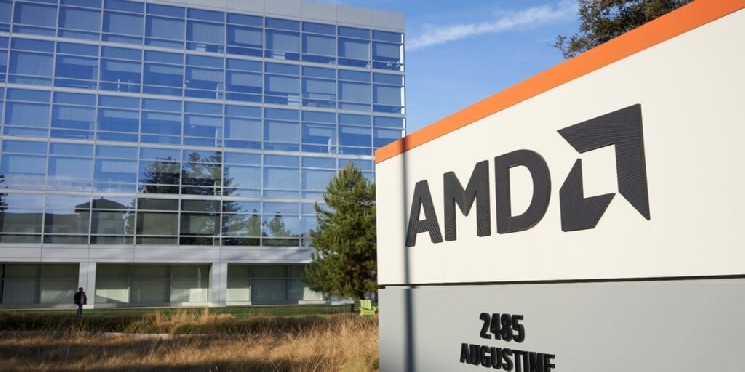AMD signed its biggest AI deal to date on Monday morning, securing a 6 gigawatt GPU contract with OpenAI. The partnership gives OpenAI the option to acquire up to 160 million AMD shares (about 10% of the company), while AMD commits to delivering its next-generation Instinct MI450 chips starting in late 2026.
The deal comes just two weeks after Nvidia announced a $100 billion partnership with OpenAI for 10 gigawatts of computing capacity. OpenAI's dual supplier strategy reflects a calculated hedge. The ChatGPT maker needs a total of 16 gigawatts to power its infrastructure ambitions, and in a market where GPU shortages are commonplace, relying solely on Nvidia carries significant risks.
According to CNN, AMD CEO Lisa Su called it “the world's most ambitious AI build” and said it is expected to generate tens of billions of dollars in revenue over the next four years. This warrant structure ties AMD's profits directly to execution, with shares vesting as OpenAI scales from 1 GW to 6 GW, with additional triggers tied to AMD achieving specific price targets that increase to $600 per share.
Wall Street's reaction was immediate. AMD stock opened Monday's trading at $226, up from Friday's closing price of $164.67 and its highest in at least a year and a half. The current price is $207, an increase of over 25% on the day.
Meanwhile, Nvidia fell 1% on the news.
Hardware battles are won with software
OpenAI is burning through capital at an unprecedented rate, with losses expected to reach billions of dollars despite projected revenue of $12.7 billion in 2025. bloomberg. The company needs a cheaper alternative to Nvidia's premium chips, which currently control about 70% to 95% of the data center AI accelerator market, according to estimates.
AMD's MI450 series promises competitive specs with greater memory capacity than Nvidia's Blackwell chips and comparable performance on large language model benchmarks. But hardware is only half the equation. AMD's ROCm software platform is Nvidia's answer to CUDA and remains the company's Achilles heel.
CUDA has taken 18 years to become an industry standard, with 5 million developers and seamless integration across PyTorch, TensorFlow, and all major AI frameworks.
Despite being open source, ROCm suffers from broken out-of-the-box experiences that AI developers don't want to deal with. For example, a recent semi-analysis test found that AMD's MI300X chip cannot run the standard model without extensive debugging, leading researchers to call the software “buggy.”
The software gap explains why AMD is essentially giving away stock to get this deal done. While Nvidia commands a premium price based on CUDA's reliability, AMD should benefit from the guarantees and promises of joint development.
The broader chip war is escalating. Elon Musk's xAI plans to spend $12 billion on Nvidia GPUs for its Memphis supercomputer. Google continues to develop TPUs. Amazon is promoting its Trainium chip. OpenAI itself is also reportedly working with Broadcom to develop a $10 billion custom Titan XPU chip for inference, with production targeted for 2026.
The economic conditions driving this change are tough. One Nvidia GB300 NVL72 rack costs approximately $3 million. OpenAI's infrastructure roadmap calls for 23 gigawatts of capacity, which translates into hundreds of billions of dollars in hardware costs. Using custom chips and alternative suppliers such as AMD can result in savings of 30-50% per compute unit.
For AMD, the landing of OpenAI is a validation of the company's AI ambitions, which it has been chasing for years. The company's data center revenue reached $3.24 billion last quarter, an increase of 14% year over year. But until ROCm matches CUDA's stability, AMD will struggle to translate this big win into broader market share.
Of course, this may be easier to accomplish since OpenAI has a seat at the table with AMD executives and owns 10% of the company. OpenAI's engineering resources can help fill that gap, but most customers don't have that luxury.
Nvidia, on the other hand, has maintained an 80% market share and premium price for now.


